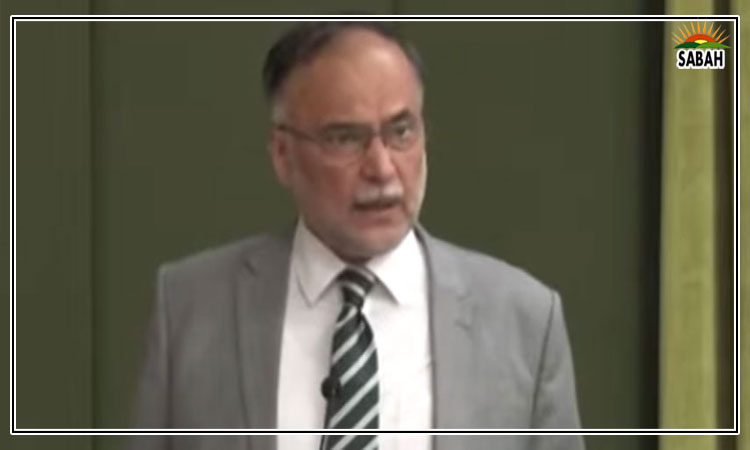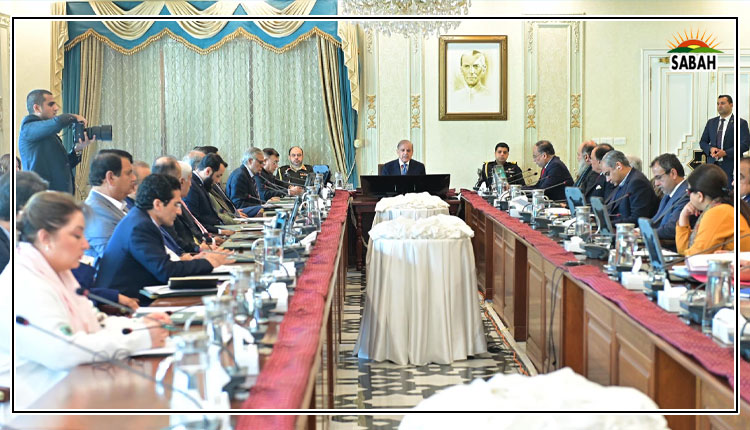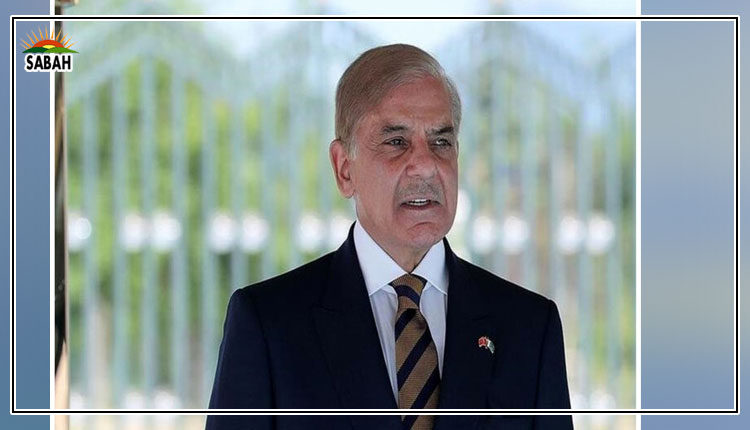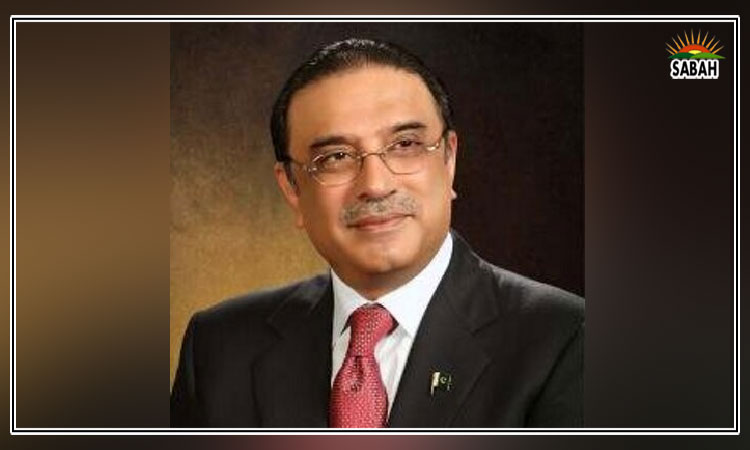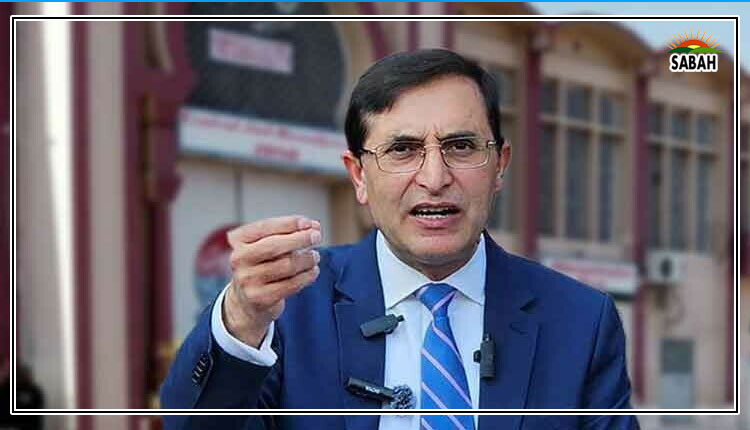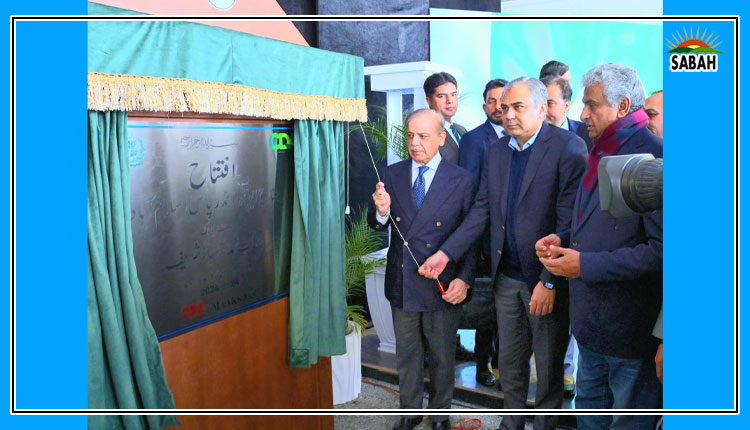Economy under the gavel …Khurram Husain
MAYBE this is a good time to recall the Reko Diq judgment delivered by one of the most exalted and hailed chief justices of the Supreme Court. Or should we recall the Dam Fund instead, along with threats to charge with treason those who dared to criticise the effort?
Remember that fiasco, run by a chief justice who probably relished the limelight more than any of his predecessors? Or maybe an article detailing a blow-by-blow account of how yet another chief justice became obsessed with tearing down a residential building on Sharea Faisal in Karachi, leaving the families who lived in it homeless and fighting to this day for compensation? How many remember how the same CJ who promised us that he would build a mega dam with funds donated by the public also became obsessed with shutting down the Punjab Kidney Liver Institute?
How many of us know what it takes to bring in mega investment in a mining project, or erect a large hospital providing specialised care for free, or how infrastructure financing actually works, or the process of compensating displaced affectees of government decisions is actually structured? How many of us realise how long this list of the follies and silliness of the post-lawyers’ movement judges actually gets?
I have lawyer friends who shrug this history off as if it is all par for the course, or nothing but a series of isolated moments during which some judges temporarily showed bad judgment. But I have a different reading. These are moments when the truth about the so-called ‘independent judiciary’ that emerged following the lawyers’ movement was revealed.
And what we saw was a judicial leadership more interested in interfering in executive decisions, second-guessing policymaking, disqualifying prime ministers on minute technicalities, arbitrarily setting the price of sugar or demanding that subsidies for natural gas be increased, running campaigns in favour of major dams even when there were strong apprehensions in at least two provinces about the negative effects of these structures, and so on in an endless train of ignorant decisions whose negative effects are still with us even if those who made these decisions have gone into comfortable retirement.
Consider the fallout from the Reko Diq judgment. No private foreign investor has been willing to acquire large stakes in Pakistan ever since, without first negotiating protections for themselves from Pakistan’s own laws, courts, tax authorities and payment constraints.
Since Pakistan, like many other Third World countries, cannot afford the costs of its own infrastructure requirements, and no foreign investor was willing to take exposure to such high-cost, long-term risk, the country had little choice but to fund its infrastructure from the Chinese in the mid-2010s. The Chinese first asked for the same protections for themselves before committing to anything. Not all of this can be laid at the doorstep of the Reko Diq judgment, but a significant amount most certainly can.
Of course, we all remember the protracted arbitration that cost Pakistan tens of millions of dollars, the consequent arbitral award of $6 billion, the scramble to renegotiate with Barrick Gold and re-enter into an agreement with them, only this time the deal would be placed beyond the reach of the Supreme Court altogether.
The fallout of that judgment on Pakistan’s investment environment was massive, but its impact was strongly felt only by those directly concerned with foreign investment, and therefore passed below the radar of the conversation in the country, which has always been heavily skewed towards debating the minutiae of the law, the gossip of the judges and breathless live coverage of court proceedings.
The economy was already hamstrung by earlier court decisions, from the days before the lawyers’ movement. One was the Steel Mills judgment, which halted the privatisation process. Second was the court’s scrapping a long-term LNG deal on allegations of corruption levelled in a newspaper. The latter decision left Pakistan’s energy sector gasping for fuel as vital stocks of indigenous natural gas had begun to decline precipitously in those years. Those with a memory will recall the gas shortages from 2010 to 2015.
Now understand this. In all of these cases, the court alleged corruption. In none of these cases was the court actually able to find any evidence of corruption. All the cases had a long-term fallout whose costs could easily be tallied in trillions of rupees. Yet there was no learning curve. As late as 2019, the court was still interfering in the new LNG deal the country finally managed to get after the fiasco in which the first one ended.
Pakistan got an independent judiciary after the lawyers’ movement. But what exactly did the judges do with this expanded power they now possessed? Did the common citizen’s experience of the judiciary improve as a result? Did backlogs clogging the courts come down? Did the time it takes to decide a case reduce? Did the number of cases that go into appeal come down? Is there any indicator which shows that the core business of the judiciary — the dispensation of justice as per the law — actually improved with the arrival of the independent judiciary?
Sadly, the answer is no. The independent judiciary of the post-lawyers’ movement days probably did more to hamstring Pakistan’s response to critical challenges, like arranging alternatives to dwindling stocks of indigenous natural gas or reforming or privatising state-owned enterprises, than any other force in the same time. All the time they mounted no significant effort to reform their own affairs to improve the experience of justice-seekers.
Today, many are expressing sorrow at the fact that the independence of this judiciary has been curbed. But what did these people expect would happen, after a decade and a half of rulings driven less by the law and more by spite, ignorance and ego?
Courtesy
DAWN



